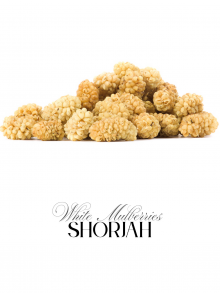Description
What Is a Plum?
Plums belong to the same family as peaches, nectarines, and apricots. But plums are much more diverse than their stone-fruit cousins. They can be large or small, with red, purple, green, yellow, or orange skin, and pink, yellow, or orange flesh.
They first grew in China thousands of years ago. Then plums made their way to Japan, parts of Europe, and America. Today, more than 2,000 varieties grow all over the world.
Plums add subtle sweetness to salads and desserts, but their health benefits are the juiciest part of the package.
Plum Health Benefits
The vitamin C in plums helps your body heal, build muscle, and form blood vessels. It’s great for your eyes, too.
Here are other ways that plums are good for your health:
- Heart disease. Phytochemicals and nutrients in plums lower the inflammation that triggers heart disease.
- Anxiety. A plum a day may keep anxiety away. When your antioxidants are low, anxiety can be high.
- Constipation Relief. Plums, like prunes, can also help keep things moving through your system. They have a lot of sorbitol, a sugar alcohol that acts as a natural laxative.
- High blood pressure and stroke. The potassium in plums is good for blood pressure control in two ways. It helps your body get rid of sodium when you pee, and it lessens tension in the walls of your blood vessels. When your blood pressure is lower, your odds of getting a stroke go down.
- Rich in antioxidants. These substances protect the body against the cell and tissue damage that can lead to diabetes, Alzheimer’s disease, Parkinson’s disease, and cancer.
- Reduce blood sugar. Plums are chock full of fiber, which helps slow down a blood sugar spike after you eat carbs. They can also boost your body’s production of adiponectin, a hormone that helps regulate your blood sugar levels.
- Bone health. Research on animals shows prunes (dried plums) may help reduce bone loss, and may even reverse it.






Reviews
There are no reviews yet.